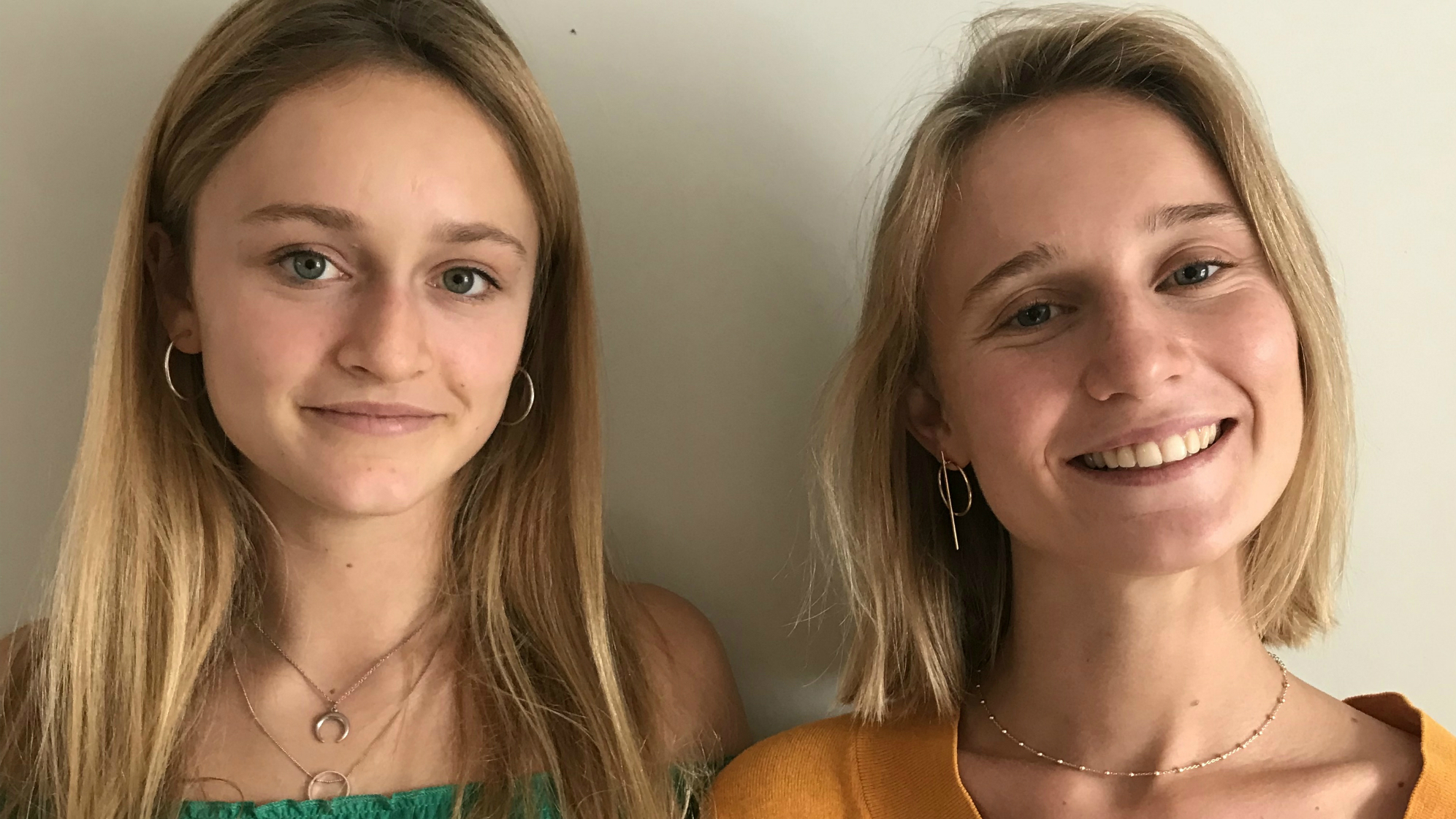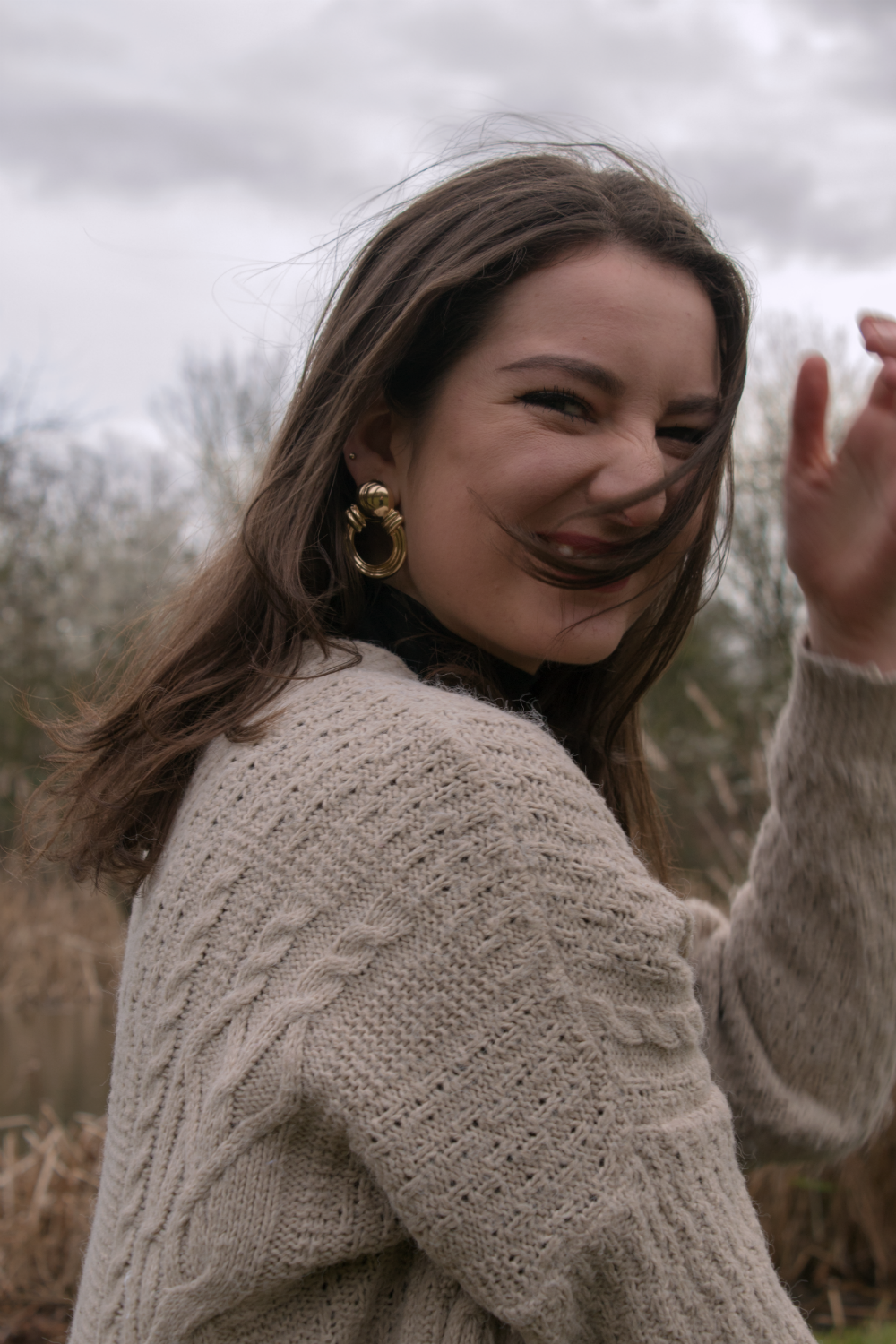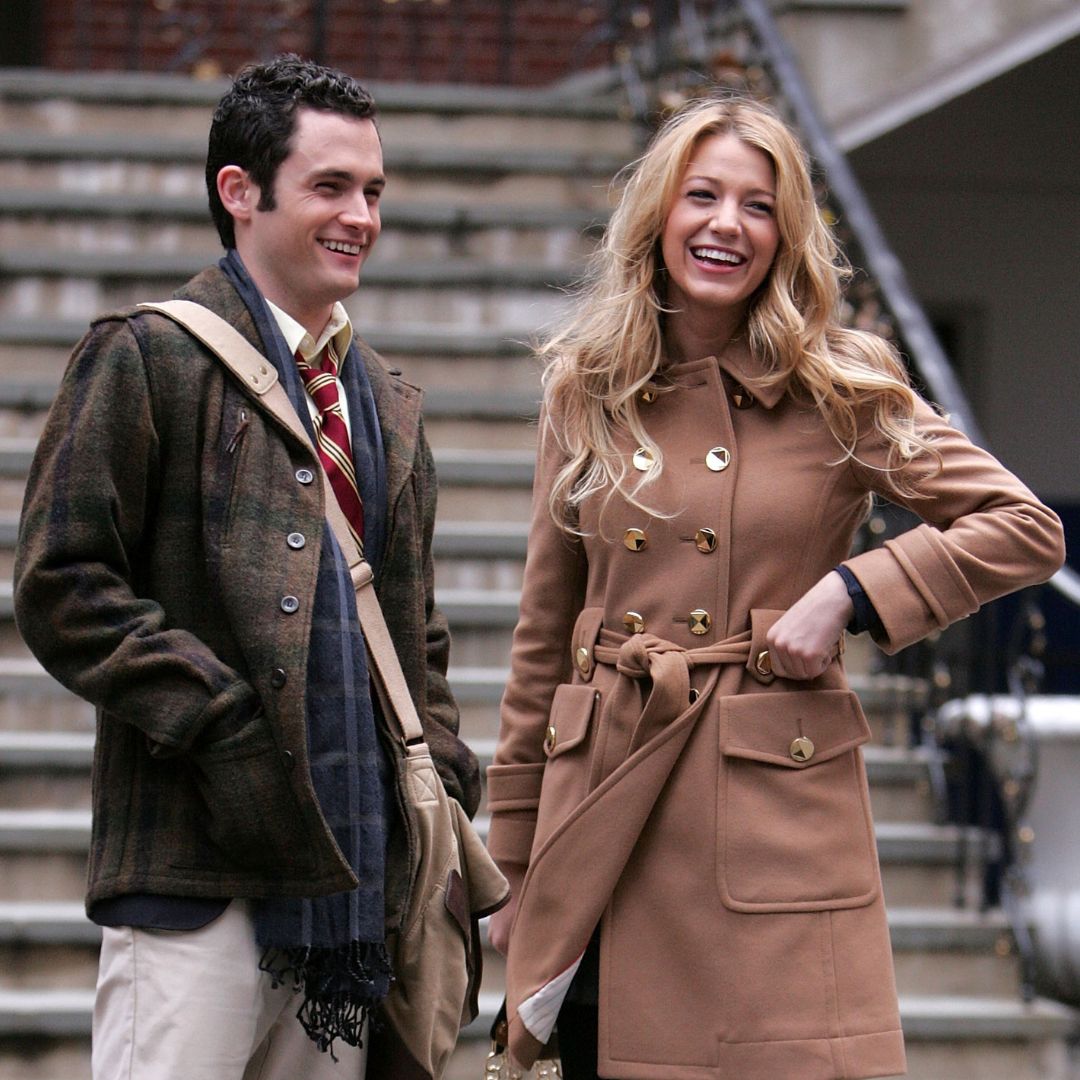Meet the sisters fighting to end sexual harassment on Britain's streets
Inspired by the passing of a new law to make street harassment illegal in France, Maya and Gemma Tutton founded the Our Streets Now campaign to collect stories from the women who have been degraded in public


Inspired by the passing of a new law to make street harassment illegal in France, Maya and Gemma Tutton founded the Our Streets Now campaign to collect stories from the women who have been degraded in public
Have you ever been catcalled? If not, you know someone who has. Research from a Cornell International International Survey found that as many as 90% of women in the UK have experienced sexual harassment in public. This unwanted attention has shockingly been directed at a third of girls in school uniform, yet it's still not illegal.
On a mission to change this are sisters Maya and Gemma Tutton, who started a petition to make public sexual harassment (PSH) a criminal offence in the UK. This was after seeing France pass legislation in August 2018 to make sexual harassment of women in the street illegal. The new law means that anyone found harassing a woman on the street will be hit with an on-the-spot fine.
With over 200,000 signatures, Maya and Gemma's petition is fast gaining traction - but the sisters haven't stopped there. Determined to educate the public about the impact of street harassment, they started the Our Streets Now campaign, using social media to share painful testimonies from the endless amount of women who have been degraded on Britain's streets.
Maya and Gemma's own personal experiences of PSH inspired them to start up the campaign. 15-year old Gemma spoke to Metro about how she was left 'terrified' after men shouted abuse at her 'from out the window of their van' when she was just 11 years old.
Maya, a 21-year old university student, admitted that while she's faced harassment, the unwanted advances have disturbingly decreased as she's gotten older: ‘The rate of harassment I have had has reduced since I’ve started to look older and that’s a really scary fact'
She added: ‘The reason is it’s about power. Perpetrators who know [their victims] are schoolgirls are encouraged by the fact they are young girls. They don’t want them to speak back.’
Marie Claire Newsletter
Celebrity news, beauty, fashion advice, and fascinating features, delivered straight to your inbox!
But through the power of social media, the sisters are helping women across the UK speak back. 'Walking home from school was a nightmare even when I was in primary level', one young woman's account reads, 'workmen, builders or any man who's day involved hanging around felt it was their right to harass me as I walked past.'
Other accounts from members of the LGBTQ+ community show how rapidly sexual advances can be switched to aggression in the face of rejection: 'As some walked past me and my partner they said "what a f**cking waste, I'd love to smash her" referring to me, maybe because I don't look stereotypically 'gay'. We get comments like that all the time and I just want it to stop.'
The anonymous stories are posted alongside striking illustrations to provide a safe space for women to freely share their narratives, all the while revealing the crippling need for change.
Many women and girls continue to hold back from reporting harassment for a number of reasons. 'There's a culture of shame and stigma', Maya told Metro. ‘I think women are scared of being told it’s “a compliment” or that they are overreacting.'
The introduction of a law banning PSA will help encourage victims of harassment to report incidents, as well as discouraging those who harass.
'It would make women and girls in this country feel like the day-to-day violence and harassment they face is not OK,’ Maya told Metro. ‘It would be a victory for #MeToo and it would make Britain a better country.’
To join Maya and Gemma's fight to make street harassment an illegal offence in the UK, click here
Niamh McCollum is Features Assistant at Marie Claire UK, and specialises in entertainment, female empowerment, mental health, social development and careers. Tackling both news and features, she's covered everything from the rise of feminist audio porn platforms to the latest campaigns protecting human rights.
Niamh has also contributed to our Women Who Win series by interviewing ridiculously inspiring females, including forensic scientist Ruth Morgan, Labour MP Stella Creasy and ITV’s former Home Affairs Editor Jennifer Nadel.
Niamh studied Law in Trinity College Dublin. It was after enrolling in a Law & Literature class on her year abroad in Toronto that her love of writing was reignited. In no particular order, her big likes are Caleb Followill, hoops, red wine, sea swimming, shakshuka and long train journeys.
-
 Penn Badgley and Blake Lively kept their breakup a secret from the Gossip Girl cast and crew - here's what we know about their former relationship
Penn Badgley and Blake Lively kept their breakup a secret from the Gossip Girl cast and crew - here's what we know about their former relationshipBy Jenny Proudfoot
-
 This iconic rose perfume is a compliment magnet—it makes me feel ‘put together’ after just one spritz
This iconic rose perfume is a compliment magnet—it makes me feel ‘put together’ after just one spritzGrown-up and elegant, yet not at all dated.
By Denise Primbet
-
 Spring has finally sprung - 6 best outdoor workouts that are totally free and boost both body and mind
Spring has finally sprung - 6 best outdoor workouts that are totally free and boost both body and mindSoak in the nature and boost Vitamin D *and* endorphins.
By Anna Bartter